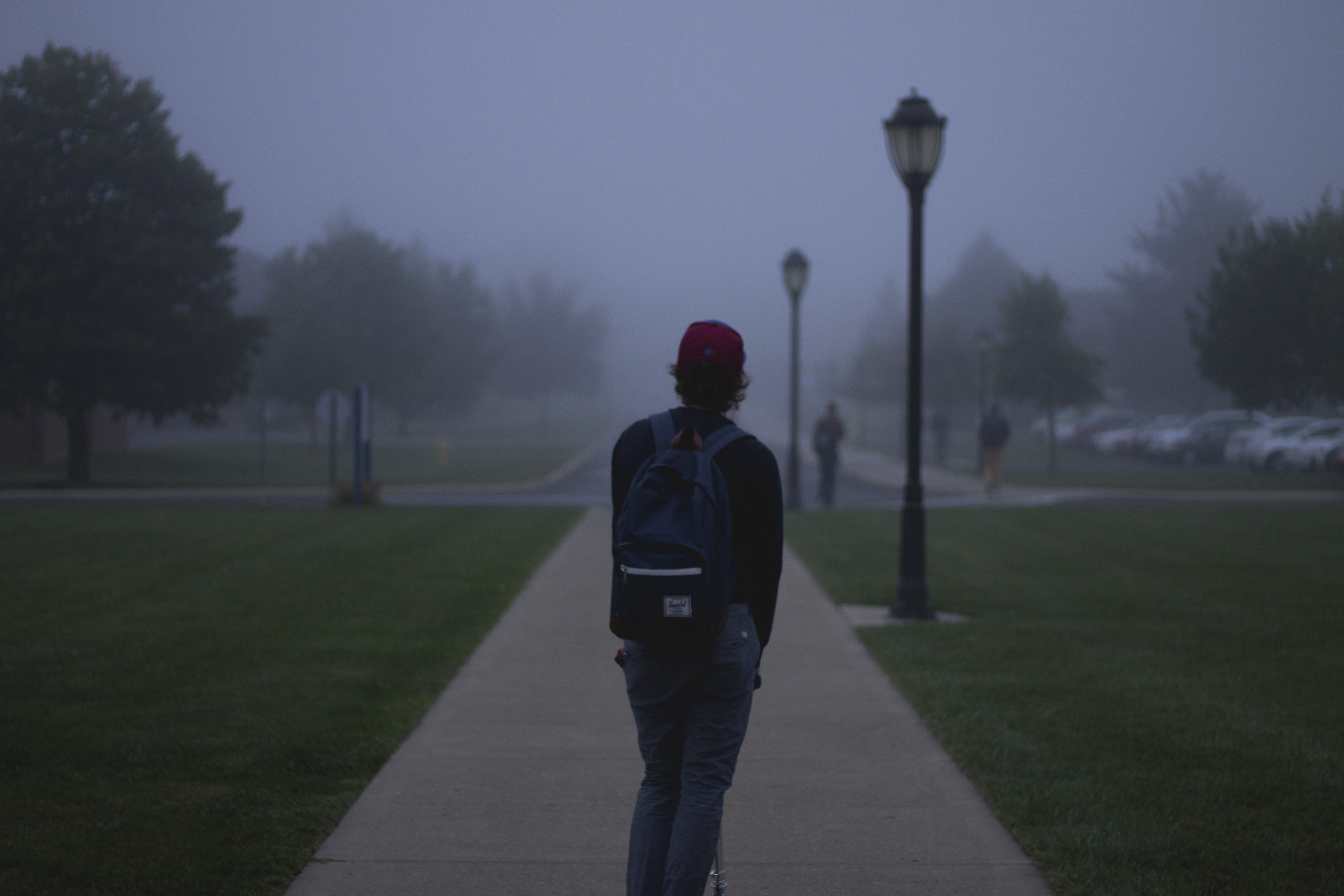Most college students have returned to classes and for many going ‘back to school’ is an exciting and optimistic time full of ambition and new opportunities. But for some students, heading back to school after an extended break is a daunting transition to navigate. The structured routines, academic challenges and apprehension about their peers can cause somber moods, anxiety and depression in students on campuses across the United States. The 2012 Healthy Minds Study found that the number of students with major depression was 22 percent and those with anxiety disorder were 21 percent. There are a few lifestyle changes that can help you avoid feeling overwhelmed with your return to campus.
Focus on the Positives and Prepare for the Negatives
There are a lot of positives that come with ‘back to school’ season. Many people find the fall season inspiring and motivational as increased responsibilities heighten their ambitions and sense of purpose. On the other hand, it’s best to be realistic about some of the negative components of the back to school season instead of ignoring or glossing over them. It’s important to prepare for heightened levels of stress and anxiety and do what you can to build order and structure into a system that can manage these new pressures. Often, a simple change like keeping a planner can help students feel organized and composed when juggling quite a bit of responsibility.
Don’t Forget to Sleep
A common cause of mental and physical unwellness in college students is sleep deprivation. Between academics and socializing many students treat sleeping as an optional pastime rather than a period of rejuvenation that your body needs to keep its health. There’s a plethora of negative consequences that come with sleep deprivation and each back to school season these consequences are experienced by a reported 70 percent of students. Sleep deprivation increases the chances of poor concentration resulting in lower-grades, car accidents, social and academic anxiety and feelings of depression. Watch your mental and physical state improve drastically just by prioritizing your 8 hours of shut-eye every night.
Stay Balanced
All work and no play is not healthy for anyone. Often, we see the back to school season bring on a lot of extra stresses as students dive into full course loads and try to juggle extracurricular activities with time for family and friends. As difficult as it may seem, it’s vital to strike a balance between these areas. When students focus exclusively on academic performance it can end up overwhelming them and stifling their grades. If a healthy balance can be struck between work and “play” your mental health will be all the better for it and you’ll find your experiences improve across the board.
If Necessary, Seek Treatment
In most of the cases, the above mentioned tips can help make the back to school season a smooth process. However, some students may be suffering from more complex cases of depression and/or anxiety and may require medical attention to resolve the condition. If you are exhibiting symptoms of a more serious mood or anxiety disorder it is wise to schedule an appointment sooner rather than later.
If you would like to discuss anxiety or any other mental health challenges, please call me at (917) 609-4990 or email me at Amanda.itzkoff@gmail.com for general questions.
Be Well,
Dr. Amanda Itzkoff

